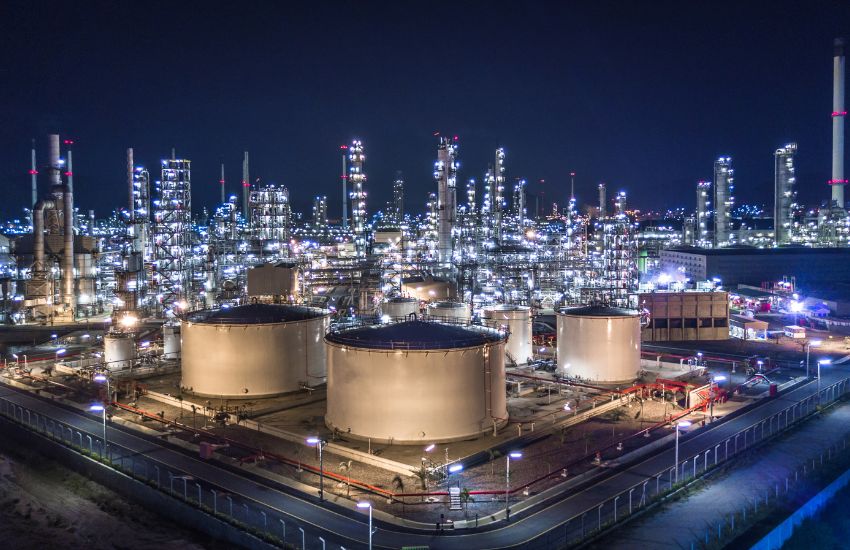The Commodity Trading Safety Case: How to get Involved
The commodity trading safety case is crucial for the survival of a business. Before I explain how to get involved, let’s review a few reasons why many commodity traders ignore health and safety. This is part 2 of our article – “The Best Advice For Liquid Bulk Commodity Traders“.
This article is written by Rudi Stalmans and featured in the 2022 summer edition of Tank News International. The title of the article in the Magazine is “The Best Advice For Commodity Traders In The Liquid Bulk Industry”.
Reasons why commodity traders ignore health and safety
Commodity trading involves risk-taking and managing the various risks linked to trade. To limit their exposure, traders will try to transfer risks to third parties. Traders can use Incoterms and commercial agreements to define the responsibilities of the seller and buyer, for example. Smaller trading houses often do not focus on or even completely ignore the risk related to health and safety. Negative impacts of accidents on trading companies can range from an increase in legal expenses, penalties, insurance fees, and reconstruction costs to a decrease in share value, industry reputation, staff motivation, and business volume.
Here are five possible reasons why commodity traders may ignore health and safety.
1. Unclear health and safety objectives.
2. Lack of safety commitment.
3. Safety is seen as a cost.
4. Incidents are ignored.
5. Lack of safety expertise.
While large oil and chemical traders can have extensive resources for HSEQ, many commodity buyers and sellers fear that spending money and time on health and safety will make them less competitive and drive them out of the market. Traders without health and safety capabilities often use a lazy approach by referring to the high standards of the large oil and chemical majors. Those traders need to be aware of the consequences of not investing in their own HSEQ, as one major incident could be the end of their company.
Ignoring safety will always impact people, the environment, assets, and reputation (PEAR). Sadly, some companies only change when something bad has happened to them.
My advice: Get involved in the safety case of commodity trading
Building a safety culture and putting in place some safety management systems does not need to be complicated and expensive. Building and using internal capabilities is better than just referring to the standards used by the major oil and chemical companies.
A first approach could be to start asking a few simple questions. What and where is your risk during commodity storage and transportation? What are the incoterms used? Is your name mentioned on the shipping documents and safety data sheets? How are you involved in the system, for example, are you an owner, shareholder, operator, or user? How will an incident impact your business and public image?
Demand from investors and stakeholders for transparency could result in a platform to discuss the commodity trading safety case. All stakeholders in the industry need to engage and build trust around the health and safety aspects of trading liquid bulk commodities.
The changing environment and focus on sustainability will hopefully encourage traders to engage more with stakeholders on health and safety topics.
Does this topic interest you? Let me know
Photo Credit: Canva

